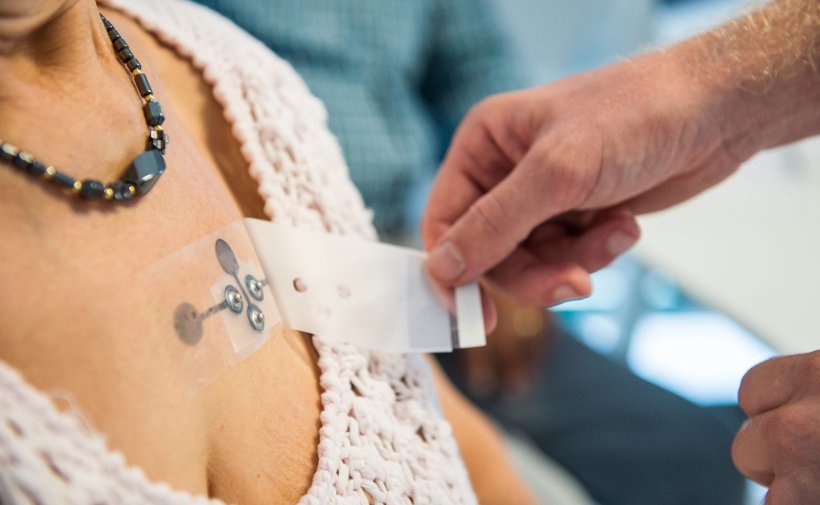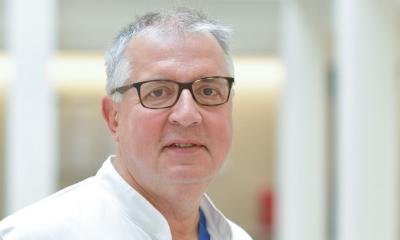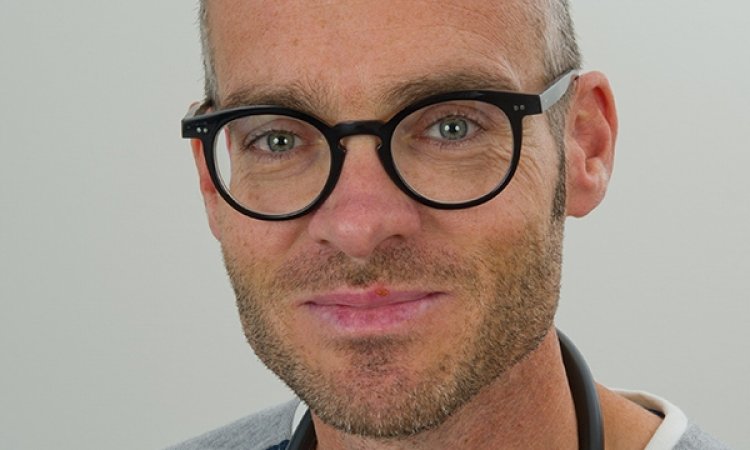
Image source: Umana Medical
News • Remote cardiology
A real-time telemonitoring device for heart failure patients
Medical monitoring tech company Umana Medical announced a collaboration with the Preventive Cardiology and Medical Prevention, Center of Cardiology at the University Medical Center Mainz and Bayer AG on a clinical study (MyoMobile study) to explore a novel real-time remote cardiac monitoring device in patients with heart failure.
“The team at Umana Medical is excited by the opportunity to collaborate and work side-by-side with Bayer and the expert personnel at the University Medical Center of the Johannes Gutenberg University Mainz, one of the leading academic research institutes in Germany,” says Adrian Attard Trevisan, Co-founder and Managing Director of Umana Medical.
Exercise intolerance is a major symptom in heart failure, and physical inactivity contributes significantly to disease progression in affected patients
Philipp Wild
The MyoMobile study is a prospective, randomized study investigating the effect of a personalized mobile health intervention on the physical activity levels in patients with heart failure. The study is being conducted by the University Medical Center of the Johannes Gutenberg University Mainz and funded by Bayer. “Exercise intolerance is a major symptom in heart failure, and physical inactivity contributes significantly to disease progression in affected patients”, says Univ.-Prof. Dr. Philipp Wild, Head of Preventive Cardiology und Medical Prevention and Head of Clinical Epidemiology and Systems Medicine, Center for Thrombosis and Hemostasis (CTH) at the University Medical Center Mainz. “We decided to take action and develop a mobile app that individually motivates patients to adopt an active lifestyle by providing recommendations in a simple, flexible, and interactive approach. The study will contribute to a better understanding of how a personalized app-based intervention affects quality of life, cardiovascular status, exercise capacity and molecular pathways relevant for the development and progression of the heart failure syndrome.”
Recommended article

Article • LVAD patients monitoring
5G and AI: Telemedicine support for chronic heart failure patients
A new research project will embrace the combination of 5G telecommunications technology and AI to offer continuous remote monitoring to seriously ill heart failure patients, for example those with Left Ventricular Assist Devices (LVADs).
The group in Mainz combines its comprehensive expertise in cardiovascular and systems medicine research with the application of wearables and apps. The app was developed together with IBM and a team of further experts from the Johannes Gutenberg University Mainz (Univ.-Prof. Dr. Matthias Michal, Professor at the Department of Psychosomatic Medicine and Psychotherapy, University Medical Center Mainz and Univ.-Prof. Dr. Dr. Perikles Simon, Professor at Institute for Sports Science, Johannes Gutenberg University Mainz). The technology partners IBM, Umana Medical and McRoberts support this innovative project by providing cutting-edge electronic devices and applications for tracking study participants’ health and activity status. The Umana T1 Heart Monitor will be used for real-time remote monitoring of vital signs such as heart rhythm and rhythm abnormalities, blood pressure, and respiratory rate.
The T1 system is an Artificial Intelligence (AI) assisted telemonitoring system making use of a proprietary tattoo sensor, named “Smarter Skin”. The system allows medical professionals to effectively monitor patients’ vital signs without interfering with their day-to-day quality of life. The system was widely used across a number of countries during the pandemic to monitor patients diagnosed with Covid-19 from the comfort of their own homes during their observation period.
Source: Umana Medical
09.07.2021











